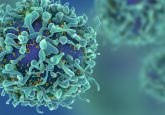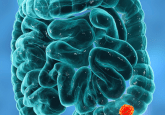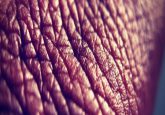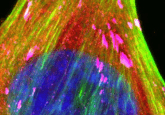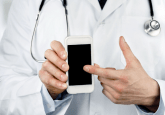What do cancer patients want answered about COVID-19?
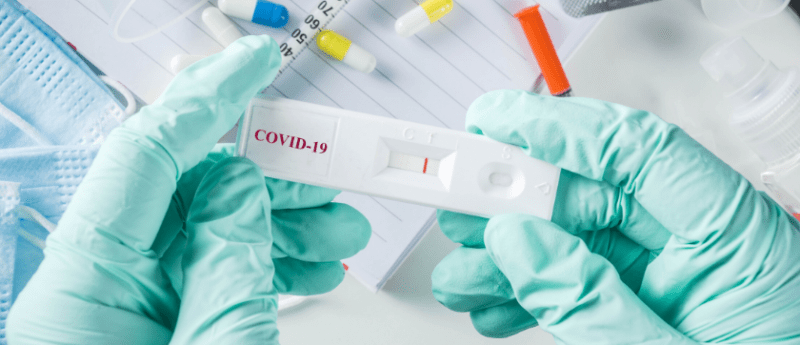
As a cancer patient and survivor, being aware of your health is a constant; being aware of how others may affect your health goes hand-in-hand for many fellow patients. We are a group that has spent years learning how to avoid the wrong people, places and things that would put our health at unnecessary risk. The rest of humankind has now been fully and intimately introduced to self-isolation, social distancing and other measures to avoid COVID-19 spreading. Welcome to the world of the immunocompromised.
A preliminary report from the United States Center for Disease Control (CDC) on 31 March 2020, identified that patients with underlying conditions may be at higher risk of severe disease or death from COVID-19:
“The percentage of COVID-19 patients with at least one underlying health condition or risk factor was higher among those requiring intensive care unit (ICU) admission (358 of 457, 78%) and those requiring hospitalization without ICU admission (732 of 1037, 71%) than that among those who were not hospitalized (1388 of 5143, 27%). The most commonly reported conditions were diabetes mellitus, chronic lung disease and cardiovascular disease.”
Want regular updates straight to your inbox? Become a member of Oncology Central.
Cancer was included in the “Other chronic disease” (being labeled as “chronic” is a discussion we’ll table for now), but not separated, nor identified as a subset of the roughly one-third of patients with “One or more conditions.” In this study, these two groups had both the largest number, and the largest percentage, of ICU admissions. Putting aside the different approaches to managing and containing this pandemic, there were serious challenges for specific populations – the elderly, the immunocompromised and those with pre-existing conditions.
The fear that cancer patients have isn’t just getting the disease; it’s the unknown of how much more likely they are to DIE from it. Given that most of us already dread death from one disease state, tacking on a second risk – one with no cure, no vaccine and that affects us exponentially more – can make the prospect of leaving the house to get treatment a true catch-22 situation.
So what should a cancer patient do during this pandemic? We know that there simply isn’t enough data, enough insight, to make ‘for-sure’ recommendations. As patients, we need as much guidance as possible from our resident cancer experts – the oncologists and their healthcare teams who care for us (and not politicians, or the media and certainly not the ‘experts’ on social media). The questions that need answers include:
- Am I more likely to get COVID-19 than a ‘healthy’ person from similar exposure?
- How much more susceptible am I to severe consequences with a COVID-19 diagnosis?
- Is the focus on COVID-19 taking away crucial resources from my treatment right now?
- How is the near-complete halt of oncology clinical trials at the moment going to affect my cancer treatment down the line?
- As cancer patients, are we potentially pre-dispositioned to other ills – either through something inherent with our biology or through disease progression and treatment?
As oncologists, you may need to answer these and other unasked questions to help your patients understand the risks they specifically face as our world battles COVID-19. This conversation should also include what the future may look like as we move forward with re-opening our society without a clear understanding of addressing those risks. Even as numbers begin to fall and economies clamor to restart, our cancer community is no less vulnerable than it was in November of 2019 or March of 2020. Each cancer patient and their healthcare team need to understand specific risks and contingencies for keeping themselves healthy.
For patients in active treatment, be sure they understand how to balance their therapy regimen with appropriate social distancing and isolation. There will be some patients who simply don’t recognize their level of risk to coronavirus exposure and what it means for their short-term health. They may have seen a headline about cancer patients having worse outcomes, but do they truly know if they fall into one of those significantly elevated-risk populations? If so, how can their lifestyle choices mitigate or increase the odds of a severe or deadly encounter with COVID-19?
Similarly, there will be family, friends and caregivers who will not understand or respect that risk, and engage in behavior that elevates the chances of exposure for those around them. Patients can use help in articulating how such risky behavior affects them much worse than the average person. Particularly strong-minded individuals who are skeptical of media or online sources of information on COVID-19 may better grasp their role in keeping their loved ones and neighbors safe if explained by a trusted physician.
Although likely a smaller group, there are patients who have gone into complete isolation, fearful that any outside contact will be the one that brings about certain infection, closely followed by hospitalization and death. These patients can similarly use trusted information from a trusted source. Some need ‘professional’ reassurance that, with proper precautions, they can still live without being completely isolated from the world around them.
With the vast amount of information available from various channels, a patient cannot be blamed for being fearful as this pandemic unfolds. Oncologists are seen by most patients and their immediate caregivers as reliable sources of knowledge in this turbulent time. Keep this in mind as your patients adjust to life with cancer in the COVID-19 world.
Want regular updates straight to your inbox? Become a member of Oncology Central here.
To access more COVID-19 content, visit our In Focus page.
